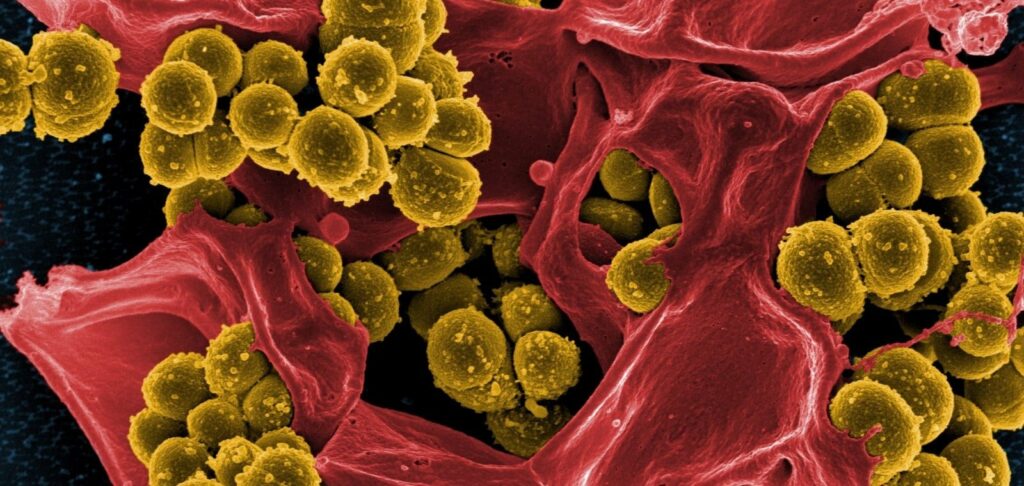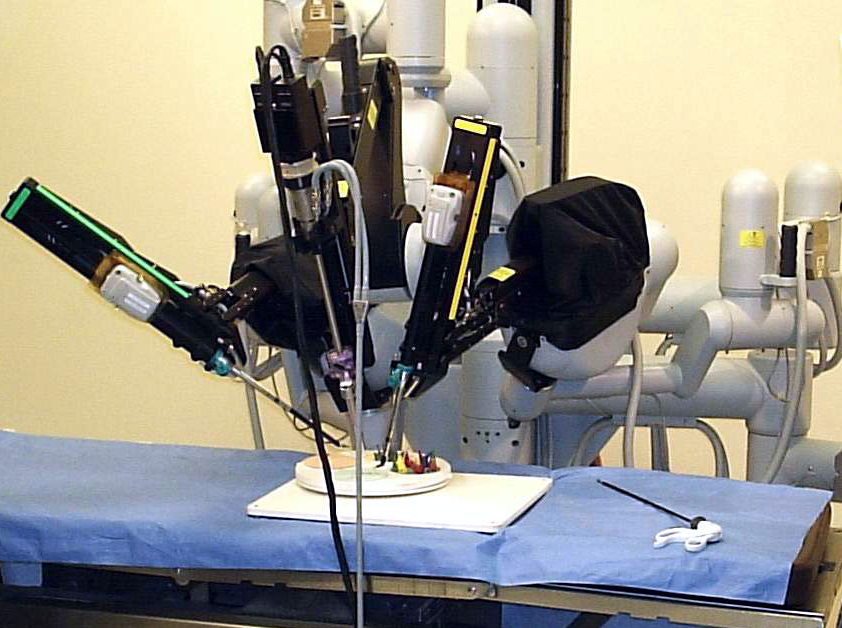
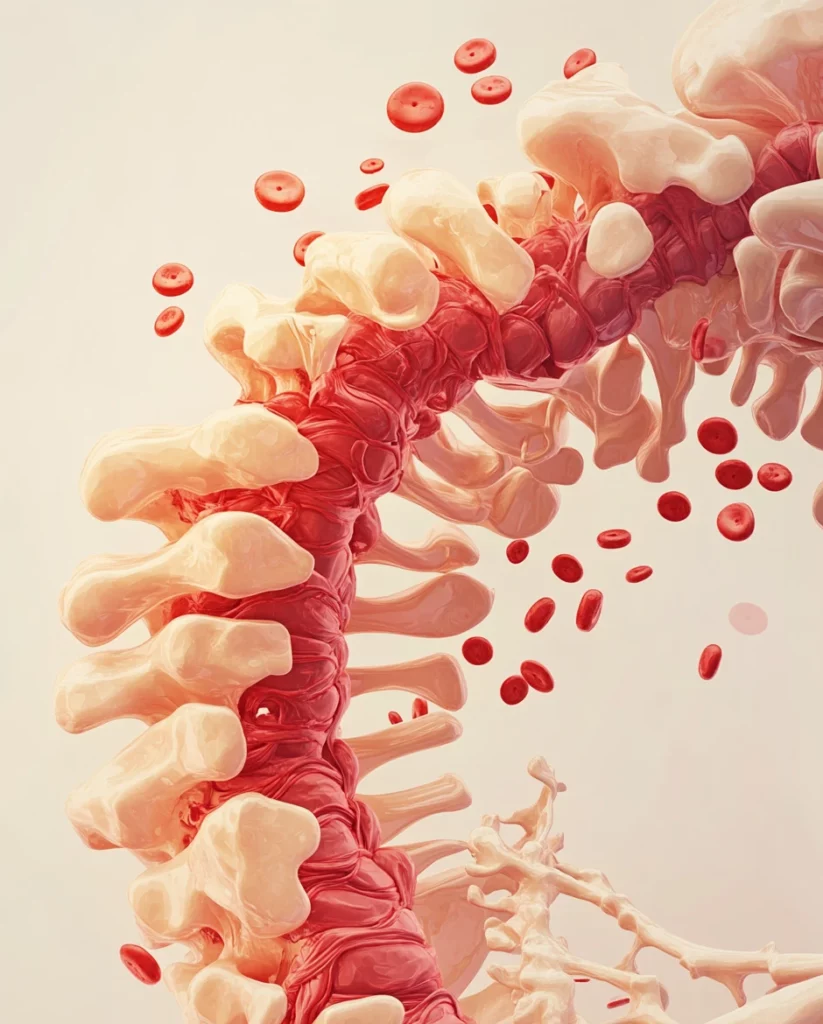
Vitamin K2 is one of the important micronutrients that has recently attracted the attention of researchers.
This vitamin performs key functions in the regulation of calcium metabolism, which affects both bone health and cardiovascular health.
Vitamin K2 helps prevent calcium deposition in blood vessels and promotes calcium delivery to the bones, where it is essential for their strength and density.
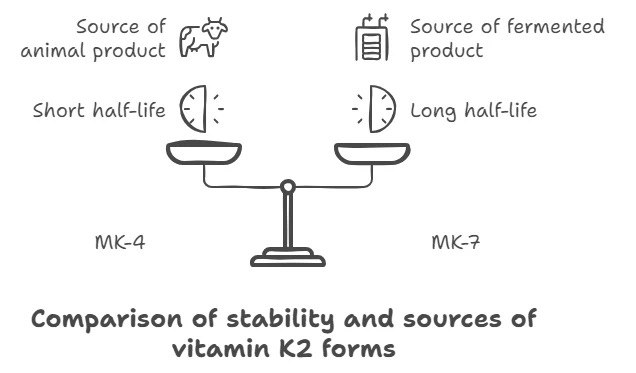
Vitamin K2: what it is and how it works
Vitamin K2 is a group of compounds called menaquinones. They differ in side chain length and are labeled MK-4, MK-7, and others.
- MK-4 is found in animal products such as meat and eggs, but has a short half-life, so more of it is needed for stable levels in the body.
- MK-7 is found in fermented foods such as natto (a Japanese soy bean product) and is a more stable form, making it optimal for long term action in the body.
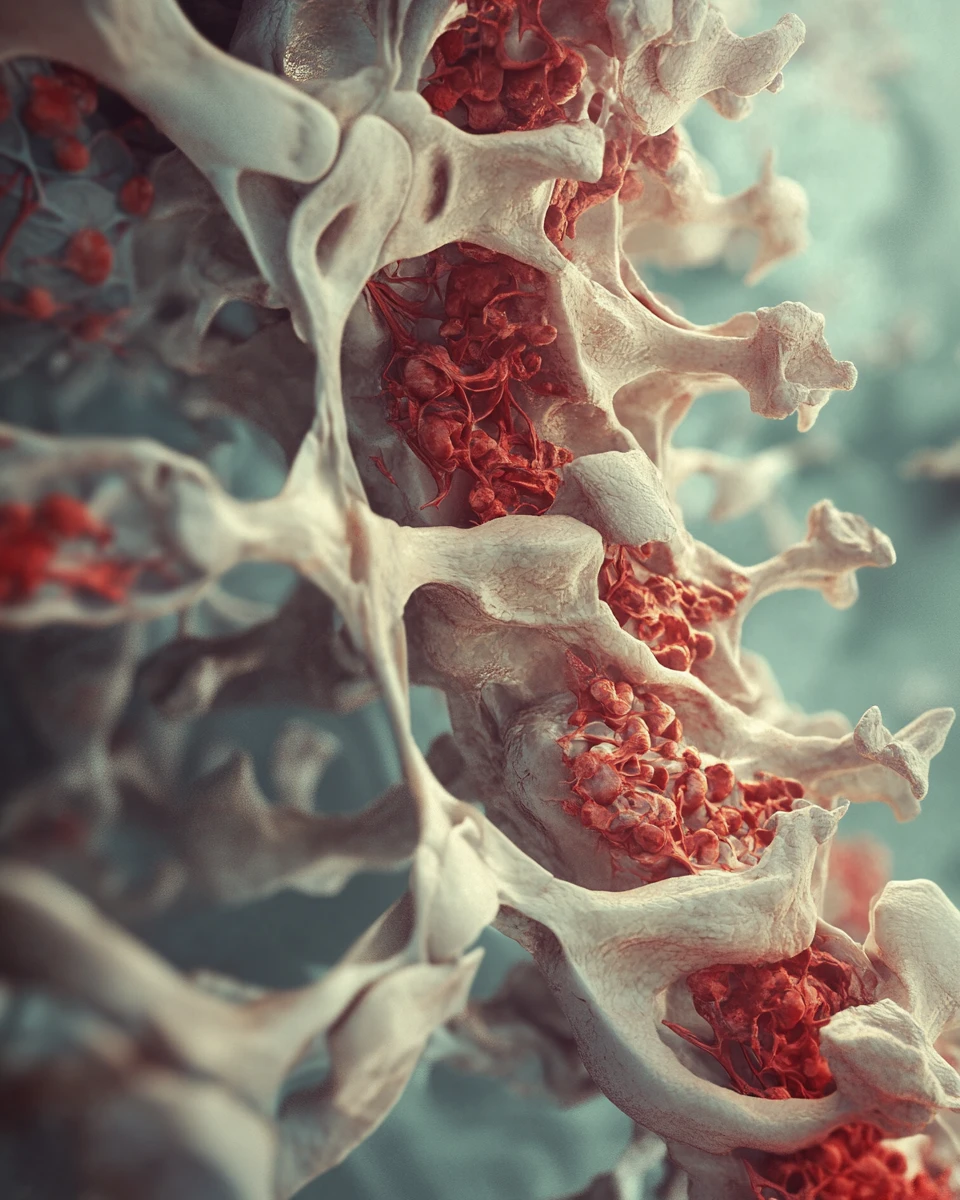
These forms of vitamin K2 activate specific proteins, such as osteocalcin and matrix-gla protein (MGP), that regulate calcium metabolism and prevent calcium deposition in arteries by channeling it to bone structures.
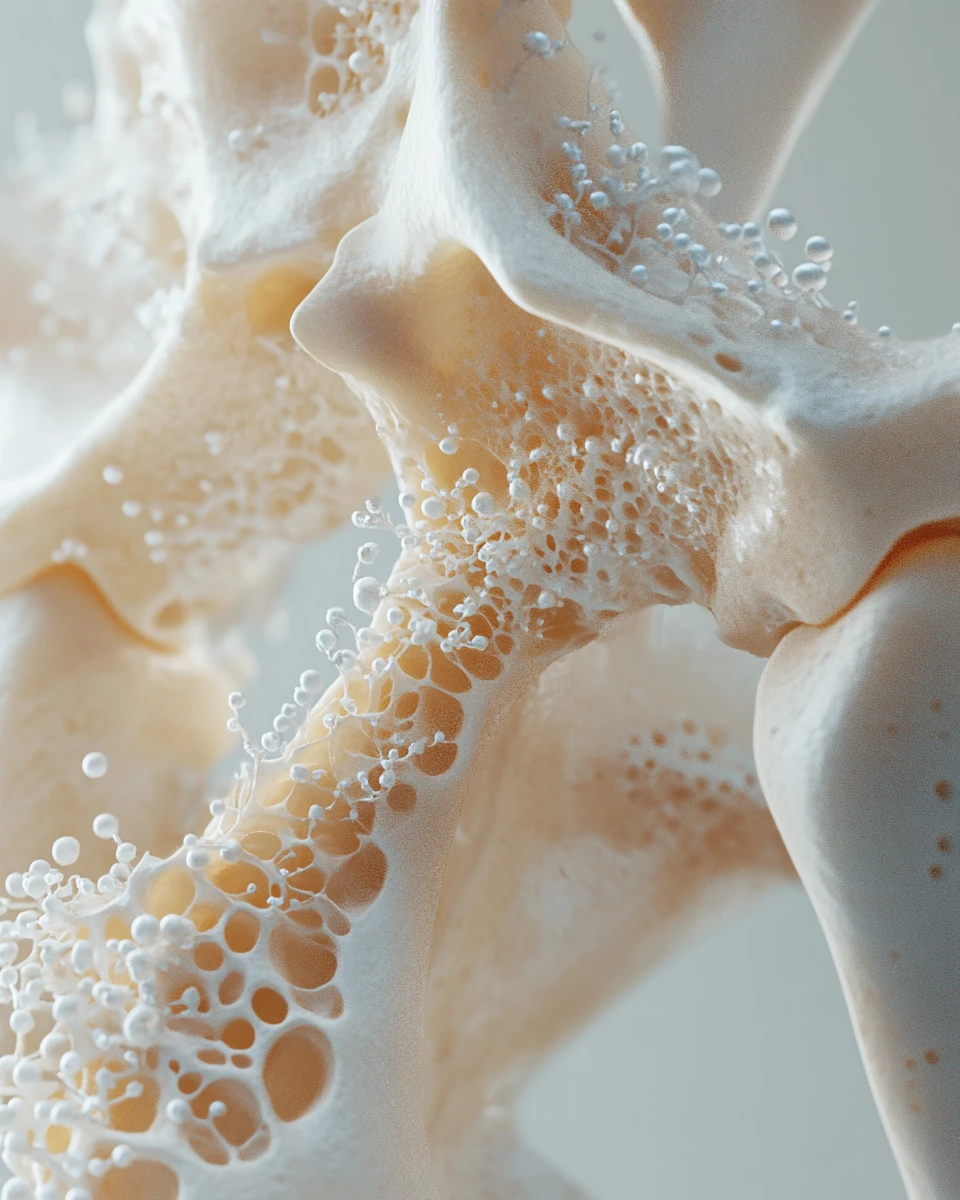
The role of vitamin K2 in bone health
Bone tissue is constantly renewing itself, and one of the key factors in this process is osteocalcin, a protein that “embeds” calcium into bone structures.
Vitamin K2 activates osteocalcin, allowing it to bind to calcium and channel it into bone.
This process is especially important in preventing osteoporosis, a disease in which bones become weak and break easily.
Without enough vitamin K2, osteocalcin remains inactive, making it difficult for calcium to be fixed in the bones. This leads to a decrease in bone mineral density and an increased risk of fractures.

Studies show that supplementation with vitamin K2 can significantly improve bone density, especially in the elderly and postmenopausal women, when the risk of osteoporosis increases.
For example, a study found that women who took vitamin K2 had higher bone mineral density and were 35% less likely to experience fractures compared to a control group.
Table 1. Effect of vitamin K2 on bone density in postmenopausal women
| Parameter | Group with vitamin K2 | Control group |
|---|---|---|
| Increase in bone mineral density | +15% | +3% |
| Reducing the incidence of fractures | -35% | -5% |
Thus, vitamin K2 plays a key role in bone strengthening and may be an important component in the prevention and treatment of osteoporosis.
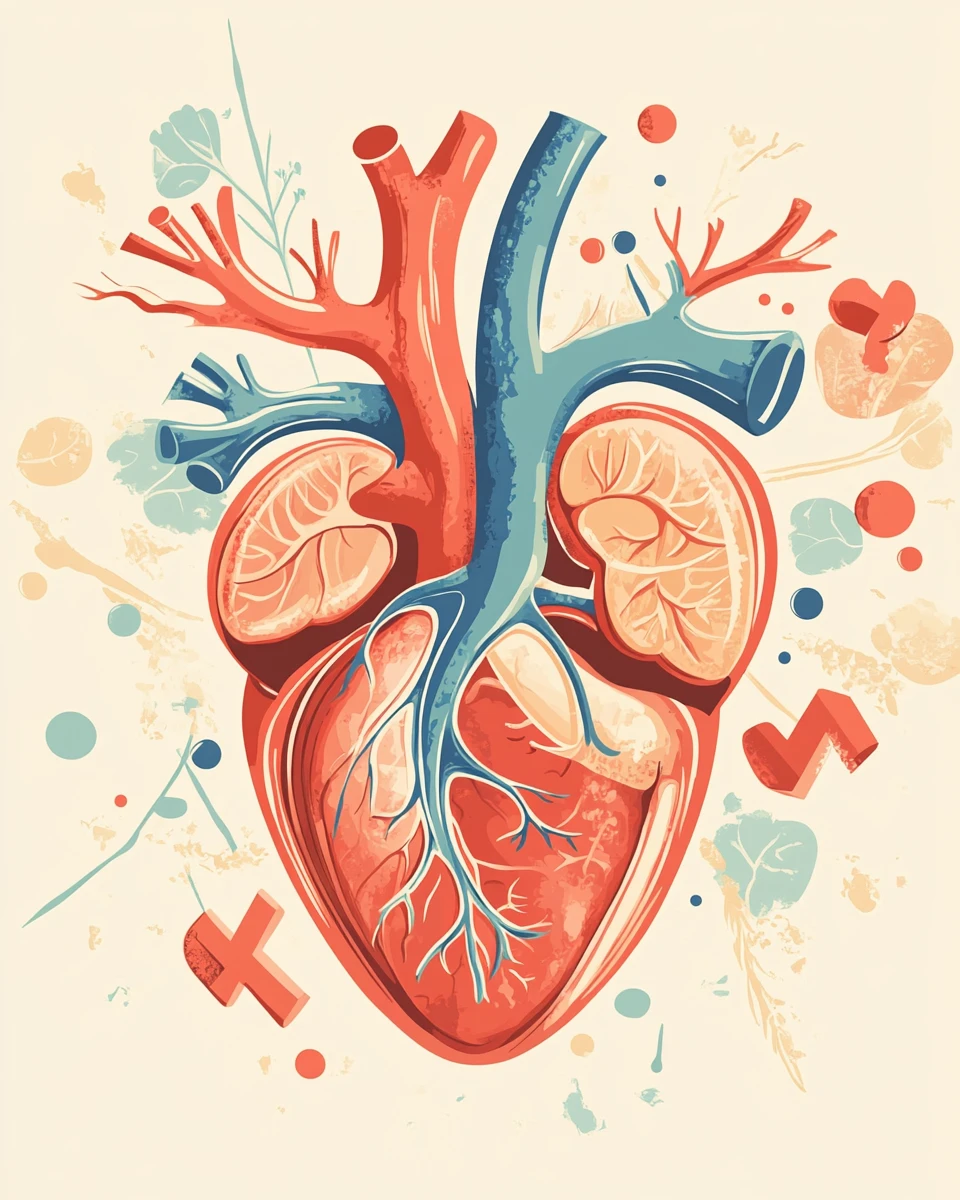
The role of vitamin K2 in the cardiovascular system
Arterial calcification is a process in which calcium builds up on the walls of blood vessels, making them stiff and reducing their elasticity.
This increases the risk of cardiovascular diseases such as heart attack and stroke.
Vitamin K2 prevents arterial calcification by activating matrix-glucose protein (MGP), which binds calcium and removes it from the blood vessels, directing it to the bones where it is actually needed.
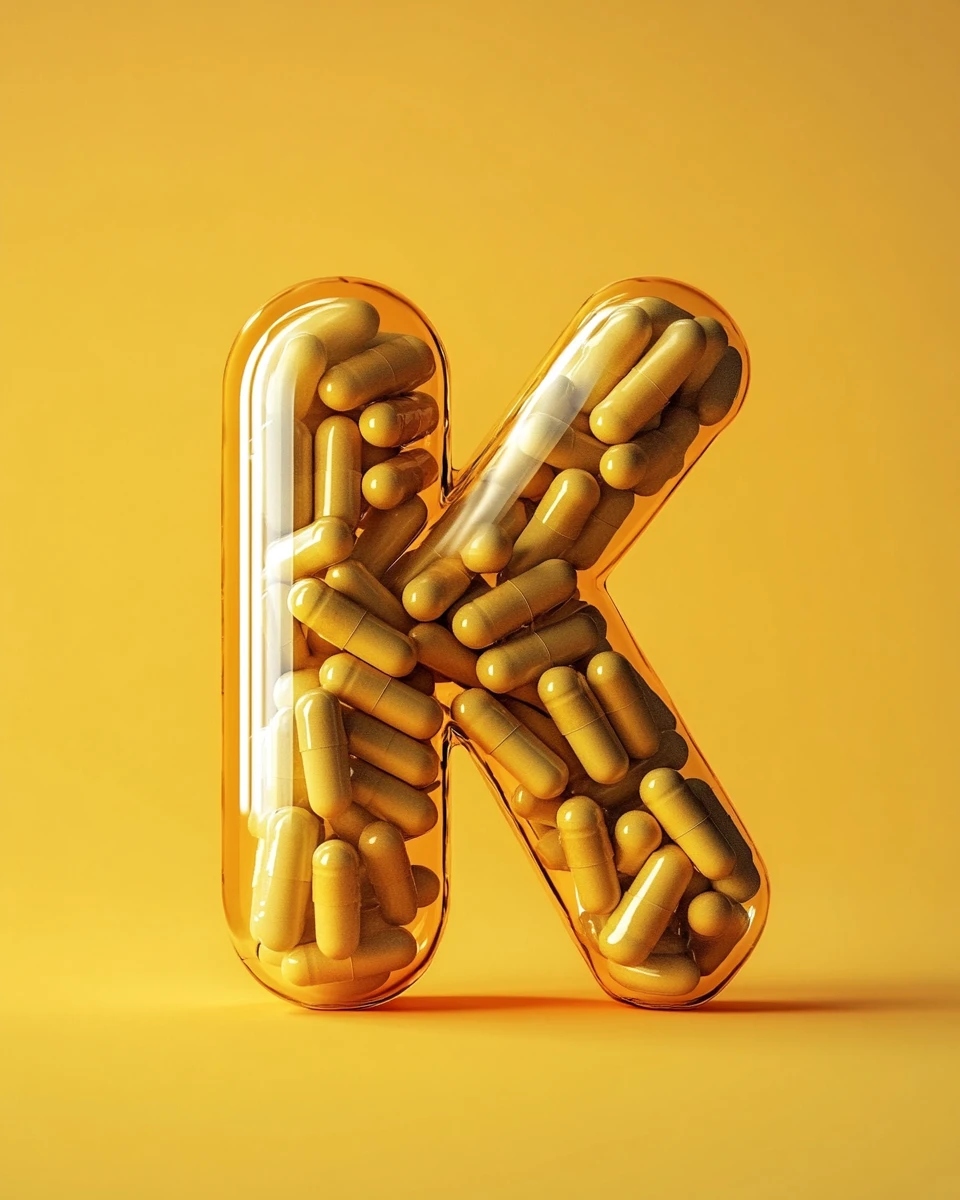
Research confirms that adequate levels of vitamin K2 in the body can significantly reduce the risk of cardiovascular disease.
In the famous Rotterdam Study, which involved more than 4,800 participants, it was found that those who consumed high doses of vitamin K2 had a 50% lower risk of cardiovascular disease and a 30% lower degree of arterial calcification than those who consumed small amounts.
Table 2. Results of the Rotterdam Study on the effects of vitamin K2 on the cardiovascular system
| Parameter | Group with high K2 consumption | Low K2 consumption group |
|---|---|---|
| Risk of cardiovascular disease | -50% | 0% |
| Level of arterial calcification | -30% | +10% |
Through these mechanisms, vitamin K2 helps to reduce vascular stiffness and improve blood flow, which is crucial for the prevention of cardiovascular disease.

Foods rich in vitamin K2
The vitamin K2 content varies depending on the type of food.
Fermented foods such as natto and animal products such as eggs, butter, liver and meat products are the most rich in this vitamin.
Regular consumption of these foods helps to maintain adequate levels of vitamin K2 in the body.
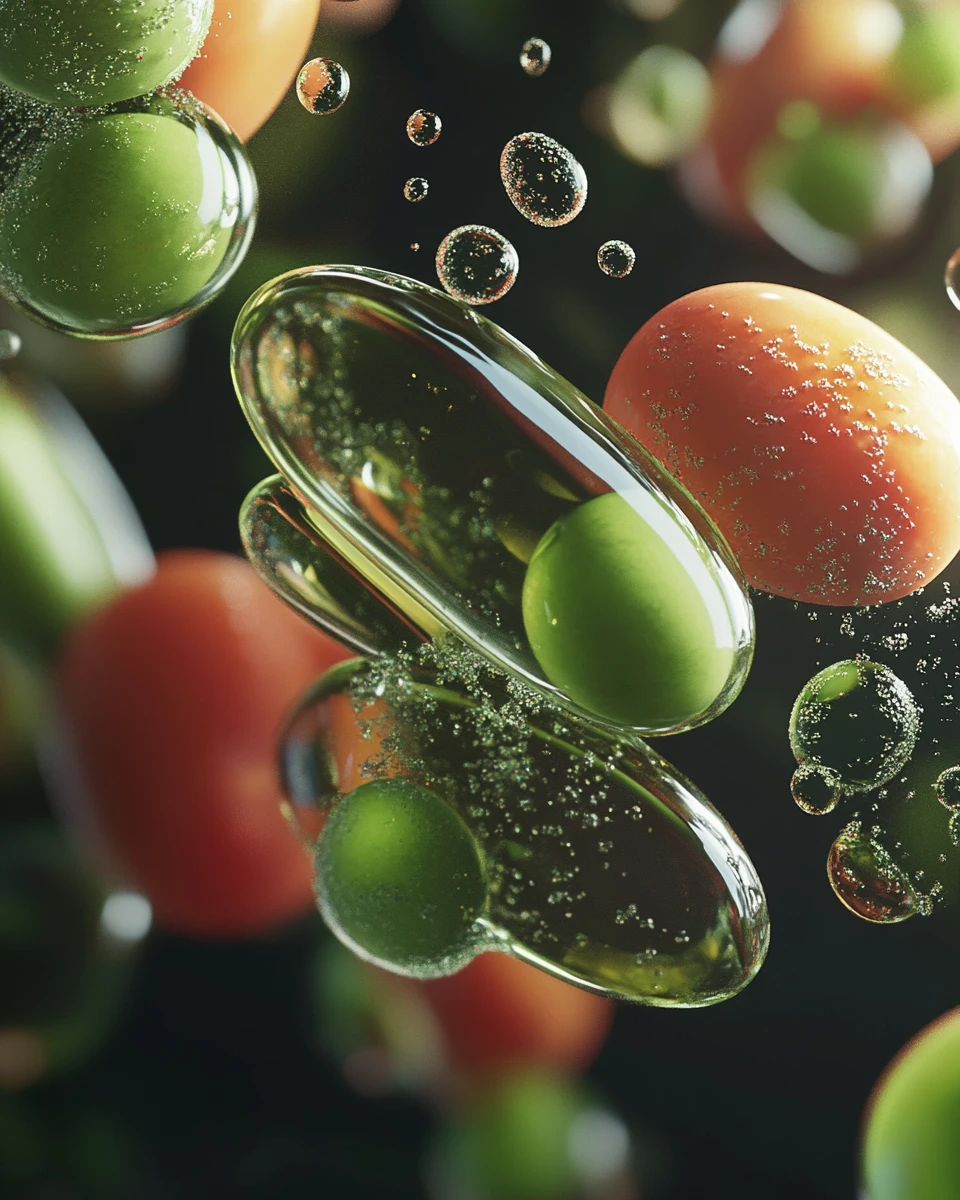
Recommendations for use
Dietary intake of vitamin K2
Vitamin K2 can be obtained from food, including fermented and animal products:
- Fermented foods: natto, cheeses (e.g., guada, cheddar), sauerkraut.
- Animal products: liver, meat by-products, egg yolks, butter.
Recommendation: Consume these foods several times a week to maintain bone and cardiovascular health.
Taking vitamin K2 supplements
People at risk of osteoporosis or cardiovascular disease may benefit from vitamin K2 supplements (especially in the form of MK-7):
- Dosage: 90 to 200 mcg per day, depending on your doctor’s recommendations.
- Combination with Vitamin D: Vitamin K2 and D work better together to help calcium be absorbed in the bones and not deposited in the blood vessels.
Important: Consult your doctor before starting K2 supplements, especially if you are taking medications that affect blood clotting.
Conclusion
Vitamin K2 is one of the underrated micronutrients that plays an important role in maintaining bone health and preventing cardiovascular disease.
Ensuring adequate levels of this vitamin in the body helps reduce the risk of osteoporosis and protect arteries from calcification.
For maximum benefit, the dosage of the vitamin and the form of intake should be considered, preferably under the supervision of a specialist.
List of references
- Schurgers, L. J., et al. “Vitamin K–containing dietary supplements and bone metabolism.” Journal of Nutrition 133.11 (2003): 3691S-3695S.
- Gast, G. C. M., et al. “A high menaquinone intake reduces the incidence of coronary heart disease.” Rotterdam Study (2004): 120-126.
- Tsugawa, N., et al. “Vitamin K status and bone health.” Clinical Calcium 15.1 (2005): 93-97.


